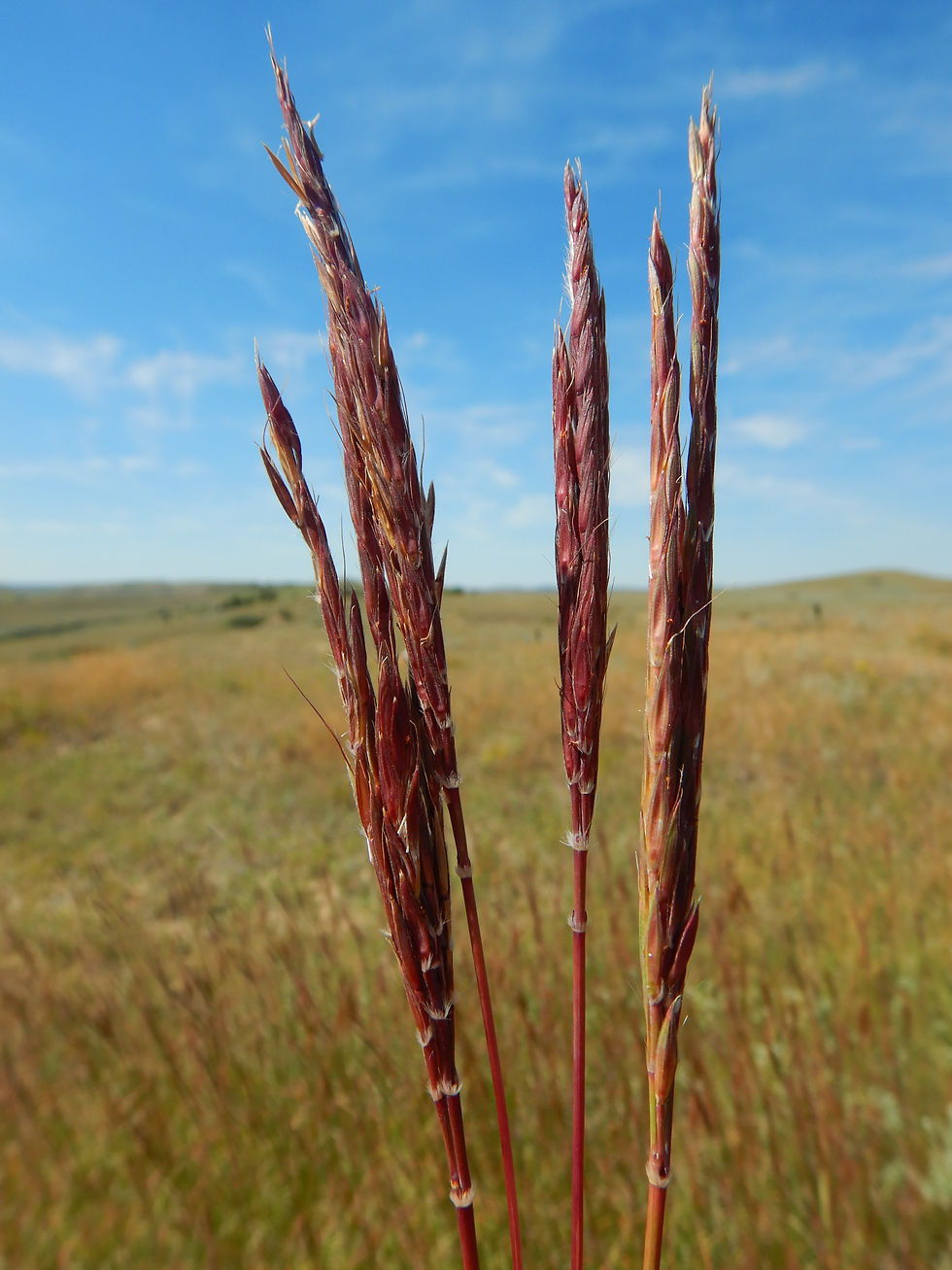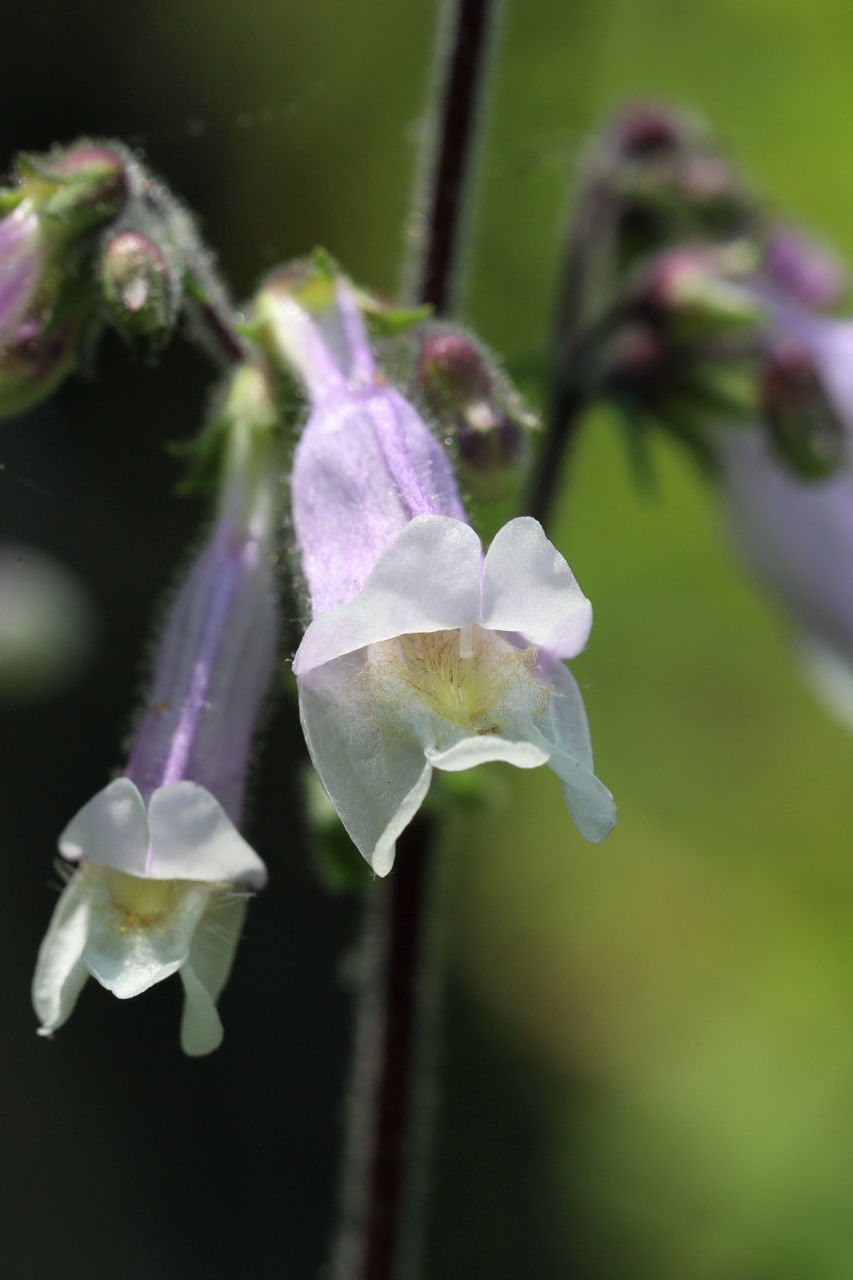The pine of Cape Cod, Pitch Pine features an irregular shape, evergreen needles and egg-shaped cones. It provides food and cover for wildlife, and non-migratory birds eat the seeds in winter.
Pitch Pine may grow a straight trunk although its form often is irregular with gnarled and drooping branches. Its reddish bark turns black as the tree ages, and its needles, three to a clump, are yellowish to dark green. Tufts of needles can grow on the trunk (see image).
Pitch Pine is a tremendous tree for wildlife. In the video above, listen carefully and you'll hear Tufted Titmouses, Black-capped Chickadees, Bluebirds, Gray Catbirds, and a few others.
Pitch Pine grows best in sandy/loamy soils with medium moisture.
Fun fact: Pitch Pine's wood is resistent to decay, which made it an important species in the early days of shipbuilding.
Pinus rigida (Pitch Pine)
- Pollinator value: Medium. Host to dozens of butterfly and moth caterpillars
- Height: 40-70 feet; 1- to 2-foot trunk diameter
- Light: Sun
- Soil: Medium, rocky, sandy
- Bloom: Green, spring
- Foliage: Evergreen
- Bark: Reddish-brown, eventually black
- Fruit: Cones
- Resistance: Deer
- Native range here
















